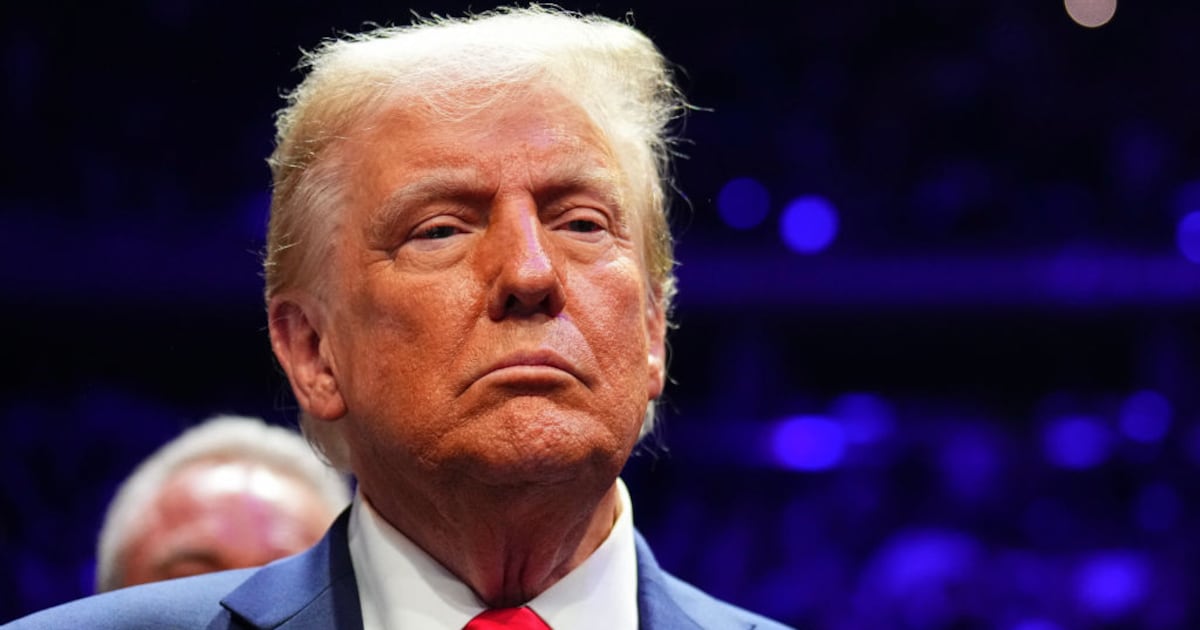On Thursday night, President Trump told his Chinese counterpart, Xi Jinping, that he accepted the “One China” policy. The acknowledgement, made during a phone conversation, appears to be a capitulation to Beijing’s demands.
A letter also was delivered to China’s ambassador to the U.S. accepting the policy, which, with some nuances, acknowledges Beijing’s position that Taiwan is a province of China.
According to the White House readout, “President Trump agreed, at the request of President Xi, to honor our ‘One China’ policy.”
ADVERTISEMENT
Trump, before his inauguration, appeared to put the policy in question when, on Dec. 2, he accepted a congratulatory phone call from Taiwan’s president, Tsai Ing-wen.
The call was considered a violation of U.S. policy in place since 1979, when President Jimmy Carter broke off diplomatic ties with Taipei in order to recognize Beijing. Both Beijing and Washington state that ‘One China’ forms the basis of their ties.
Furthermore, Trump, in a Chris Wallace interview aired on Dec. 11 and in an interview published in The Wall Street Journal on Jan. 13, said he did not feel constrained by the policy.
The ‘One China’ policy accepts the People’s Republic of China as the legitimate government of China, acknowledges Beijing takes the position that Taiwan is part of the People’s Republic, and states Taiwan’s status is unresolved.
Furthermore, Washington insists that resolution of that status be peaceful, in other words, with the consent of Taiwan’s people.
“It’s a wise move that sets the basis for Trump and Xi to address the myriad challenges on the U.S.-China agenda,” Evan Medeiros, a high-ranking Obama Asia adviser, told the Financial Times.
Medeiros is right that the acceptance allows dealings between Beijing and Washington to go forward, but it is hardly “wise.”
The New York Times reports that administration officials believed that Xi would refuse to talk to Trump until he publicly accepted the policy. To smooth over the rift and as “a gesture of conciliation,” National Security Adviser Michael Flynn and his deputy, K.T. McFarland, hand-delivered to Cui Tiankai, China’s ambassador to the U.S., a letter from Trump to Xi. The Chinese will view both actions as evidence of an American climb-down.
In what was a test of will, the Chinese will surely believe they have scored a quick victory. Trump, therefore, has fed their sense of power and arrogance—and American weakness. Beijing, as a result, is bound to become even more difficult to deal with.
The phone call came just hours before Japanese Prime Minister Shinzo Abe arrives at the White House for a day of talks. Abe’s visit, in turn, comes after Defense Secretary James Mattis visited Tokyo.
On Saturday, Mattis reaffirmed that Article 5 of the U.S.-Japan mutual defense treaty covers the Senkaku Islands in the East China Sea, pledging Washington to defend them from attack. The only country threatening the barren outcroppings is China, which claims sovereignty. Beijing for years has been pressuring Japan to hand them over.
Just two days after Mattis issued his confirmation, three Chinese coast guard vessels, without permission, intruded into Japan’s territorial waters around the Senkakus. The intrusion is seen as a warning to Tokyo and the United States.
Trump, seeking better ties with China, has just made matters far worse for America. It is fair to say that in Chinese eyes, they have just disrespected Mattis and intimidated his boss, the president of the United States.





